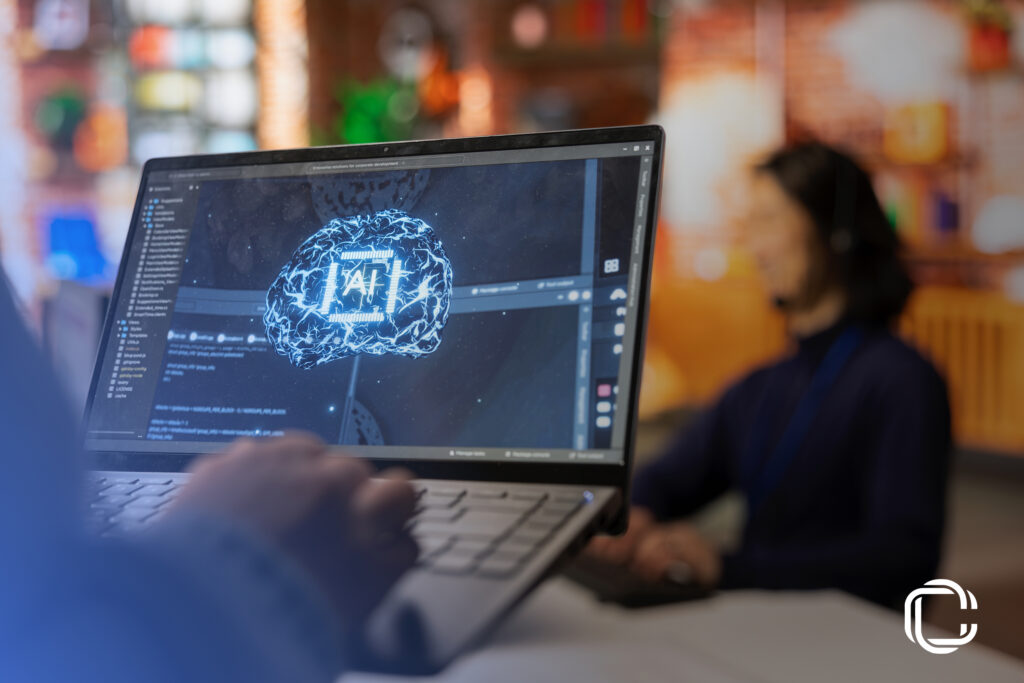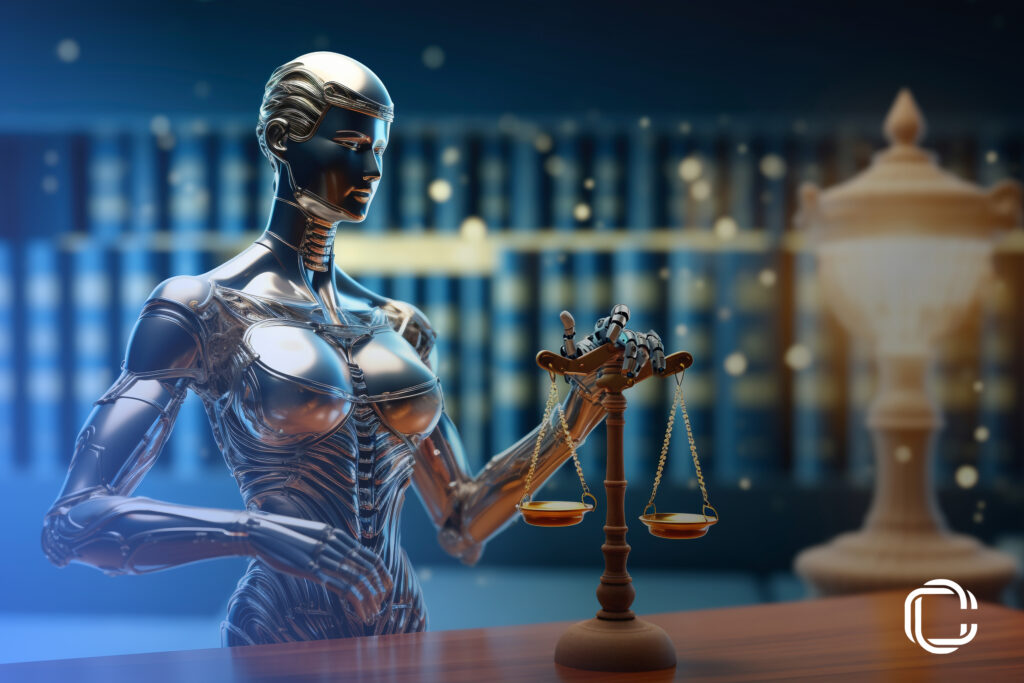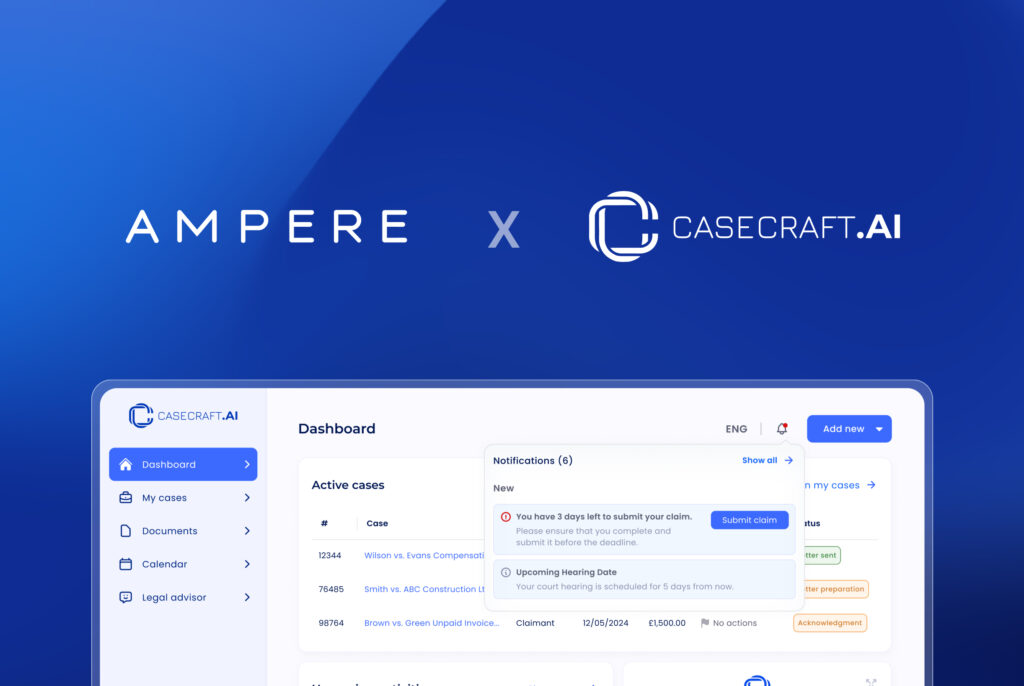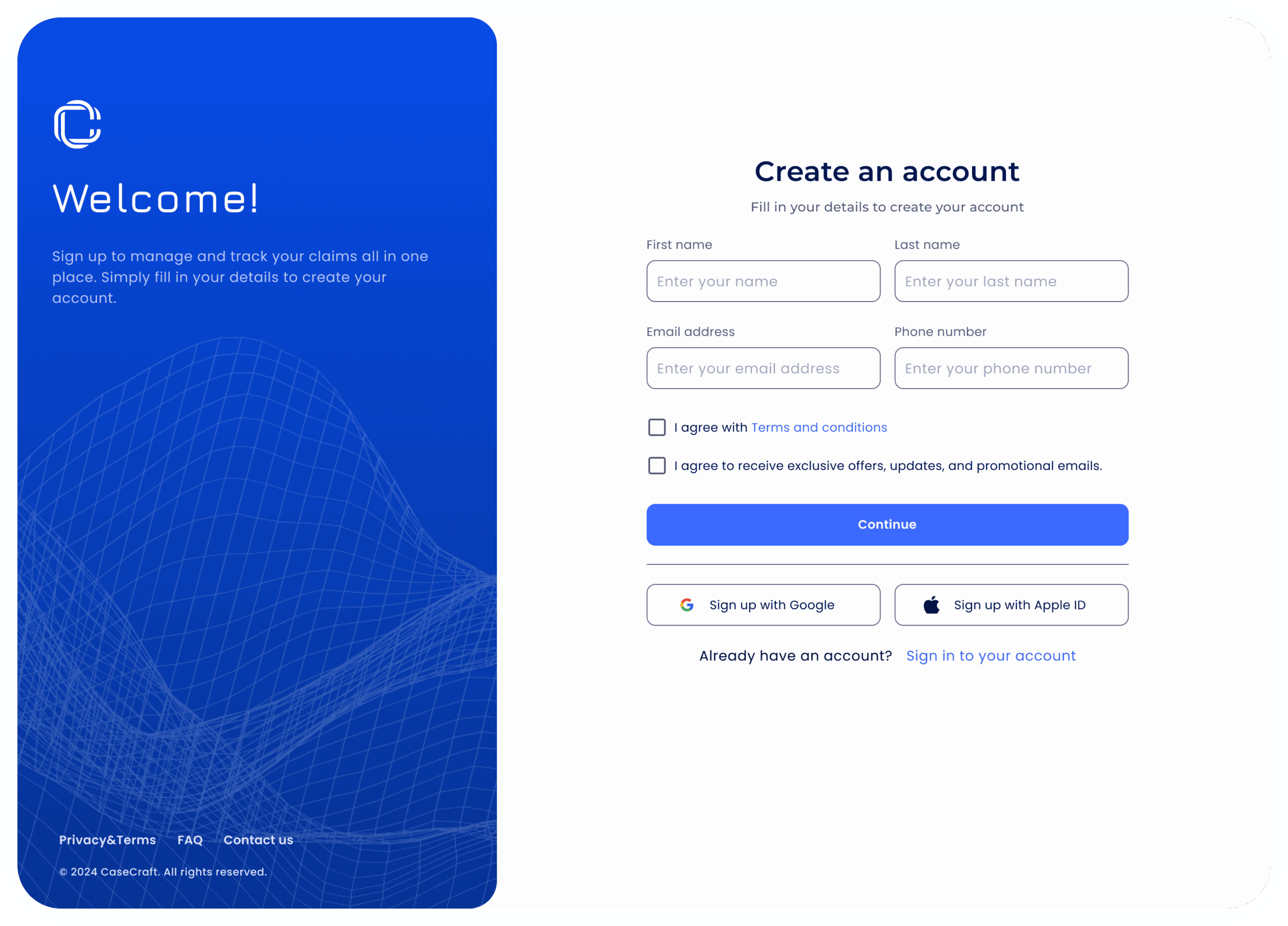AI is making justice more accessible in the UK. See how CaseCraft.AI helps people resolve small claims quickly, affordably, and with ease.
In the UK, people mostly think of the courts as their first option. This opinion is a result of the complete absence of finances, time, and resources available in support of the courts, not from a lack of interest. Problems such as the loss of one´s deposit, services being “no show”, or unethical services are far from uncommon. However, they go largely unnoticed and unattended to because there is no people-driven system.

On the other hand, it is critical to understand the ongoing positive change. For small disputes, AI can provide a far more user-friendly and easier option to access justice. In terms of bringing people together to resolve basic disputes, AI is far more accessible and convenient than traditional access routes. CaseCraft.AI is using AI to promote just access to justice in the UK. This is the primary focus of this article.
What is Access to Justice? And Why is It Limited?
Access to justice means understanding legal rights, enforcing the relevant remedy, and doing all this at a reasonable cost and in easy steps.
Sadly, in the UK there are millions of people every year with a legal issue. Think of the lack of cover for the consumer practice and also in the landlord and tenant leasehold disputes, even consumer practice in accountancy, I can safely say they are generally just lost causes. These issues perpetuate because of the very many limitations to normal functioning that people contend with. Some of these limitations include:
- Legal fees must outweigh the amount in issue
- Essential support is neglected as it’s almost compulsory
- Essential support in sifting through paperwork, which is just neglected
- Illegality, vagueness, and possible ensuing nonsense in the legal actions of a vast array of individuals.
From a legal point of view, these disputes are too trivial to warrant high-priced legal services, and businesses end up spending a great deal more than they stand to gain, fighting and losing legal battles they will inevitably be forced to litigate.
How Will AI Assist With Access to Justice?
As advanced as AI technology may be, it will never actually assume a lawyer’s roles and functions, nor will it ever replace deliberation functions. What AI technology may provide is assistance through self-guiding systems.
Examples of the types of tasks AI could assist with include:
- Prompting letter and form completions with repetitive, automatable tasks
- Step-by-step facilitation to legal users in plain language and basic processes
- Sequencing evidence to show it in a clear and logical way
- Finding errors and omitting steps to necessary actionable precursors to claims
With AI technology, there is an attempt to support users with respect to their ability to make a legal claim and take action confidently irrespective of legal experience.
Routine Examples of Where AI Could Assist
Addressing these access to justice issues can help with these everyday, often low-risk and high-impact matters:
- A contractor claims to be completing works for a low fee, but does not complete the works in a good enough manner
- A gym charged for membership fees, and did not cancel membership fees, notwithstanding the user followed the specified steps to do so
- A rail company refuses to reimburse for a significant delay or cancellation
- A landlord fails to give adequate reasons for the retention of a deposit
- A partner disappears without notice, and breaches an oral contract
In all of these examples, an AI-based tool could help users to build a strong small claims case, and would help to make sure that people fully understand their rights.

Advantages of AI Technology for Claimants in the UK
AI technology provides claimants with the following benefits:
- Lowering costs: AI is helpful in reducing legal costs
- Efficiency: Automation speeds up class processes and reduces repetitive tasks
- More services: Provides clearer and simpler tasks and explanations
- Less uncertainty: More automation will reduce the steps and variables
For claimants who are self-represented, it may have an effect on their decision to continue with, or abandon a claim.
Responding to The Question: Is AI Trustworthy When It Comes to Legal Issues?
As with CaseCraft.AI, it does not provide legal advice; it helps the user search relevant information, automates guides and templates, allowing users to act and position themselves better.
AI services must be:
- Transparent – disclose how decisions are made
- Secure – can maintain confidentiality
- Auditable – able to provide a record(s) of the user’s input that created the outcome (i.e. all services will create an explainer when possible and when/if justifiable)
In this way, AI assists in overcoming the barriers to traditional access to the justice system in a limited way.
The Impact to Date and What’s Next?
AI has already demonstrated that is can and, in some instances, provide legal support in the United Kingdom. In the public sector innovation projects and in new startups, finding solutions to:
- Disputes about benefits entitlement
- Housing issues
- Work-related disputes
At CaseCraft.AI, we are working to improve this. We are in the process of creating a self-service, easy, and low-cost technology platform for individuals and small businesses making small claims.
With lots of positive change occurring, much work still remains for the applications of AI in law to develop their full potential. The development is headed in the right direction and the rate of change remains promising.
How CaseCraft.AI Is Making This Change Happen
CaseCraft.AI is for people who have recognisable needs and no means of accessing legal support through formal structures. We support users in ways that allow them to:
- Identify whether or not they meet the small claims limit (and the Court rules);
- Chronology facts;
- Draft Letters Before Action;
- Assist with the small claims submission documents;
- Comply with necessary deadlines/follow appropriate rules.
We do not wish to pepper the future with legal agents but wish to hold pertinent opportunities for individuals to take legal action (but not limited to the small claims process) before their only option was a more costly process. CaseCraft eliminates the need to navigate complex or expensive processes and provides more certainty on how to achieve justice.

Making Justice Work for All
Fairness is at the centre of the UK justice system; however, it is only possible if it is available to everyone; achieving the same fairness is within reach with the combination of the appropriate innovative technologies.
CaseCraft.AI is what brings this to life. Imagine fighting for endless, still unrepayable amounts with an unenjoyable service and stagnant funds; instead of having to deal with this already uncomfortable situation, you now have a simple alternative to address these issues, not one more problem to add to your initial problem.
Who Am I to Address These Matters of Justice?
The worry rests with us, while the claimant’s experience is worry-free on their side. CaseCraft.AI makes it extremely easy by guiding every single claimant every step of the way, ensuring that the whole process is as easy as possible.
FAQ: How AI is Changing Access to Justice in the UK
How is AI improving access to justice in the UK?
AI streamlines routine legal processes, helps users understand their rights, organises evidence and guides people through steps like drafting letters or preparing small claims. It lowers costs, reduces complexity and gives individuals a practical route to pursue justice without relying on expensive legal services.
What legal tasks can AI assist with?
AI can help complete forms, draft Letters Before Action, sequence evidence, spot errors, track deadlines and explain procedures in plain language. It supports self-represented users by simplifying the administrative and procedural workload of small disputes.
Is AI trustworthy for handling legal issues?
Responsible legal-tech tools are designed to be transparent, auditable and secure. They don’t replace lawyers or provide legal advice but guide users through compliant processes, automate documents and reduce errors while preserving confidentiality.
How does CaseCraft.AI help people with small claims?
CaseCraft.AI identifies claim eligibility, structures facts and evidence, generates compliant letters, prepares small-claims documents and tracks deadlines. It gives individuals and small businesses a clear, affordable way to pursue justice without legal jargon or high fees.














